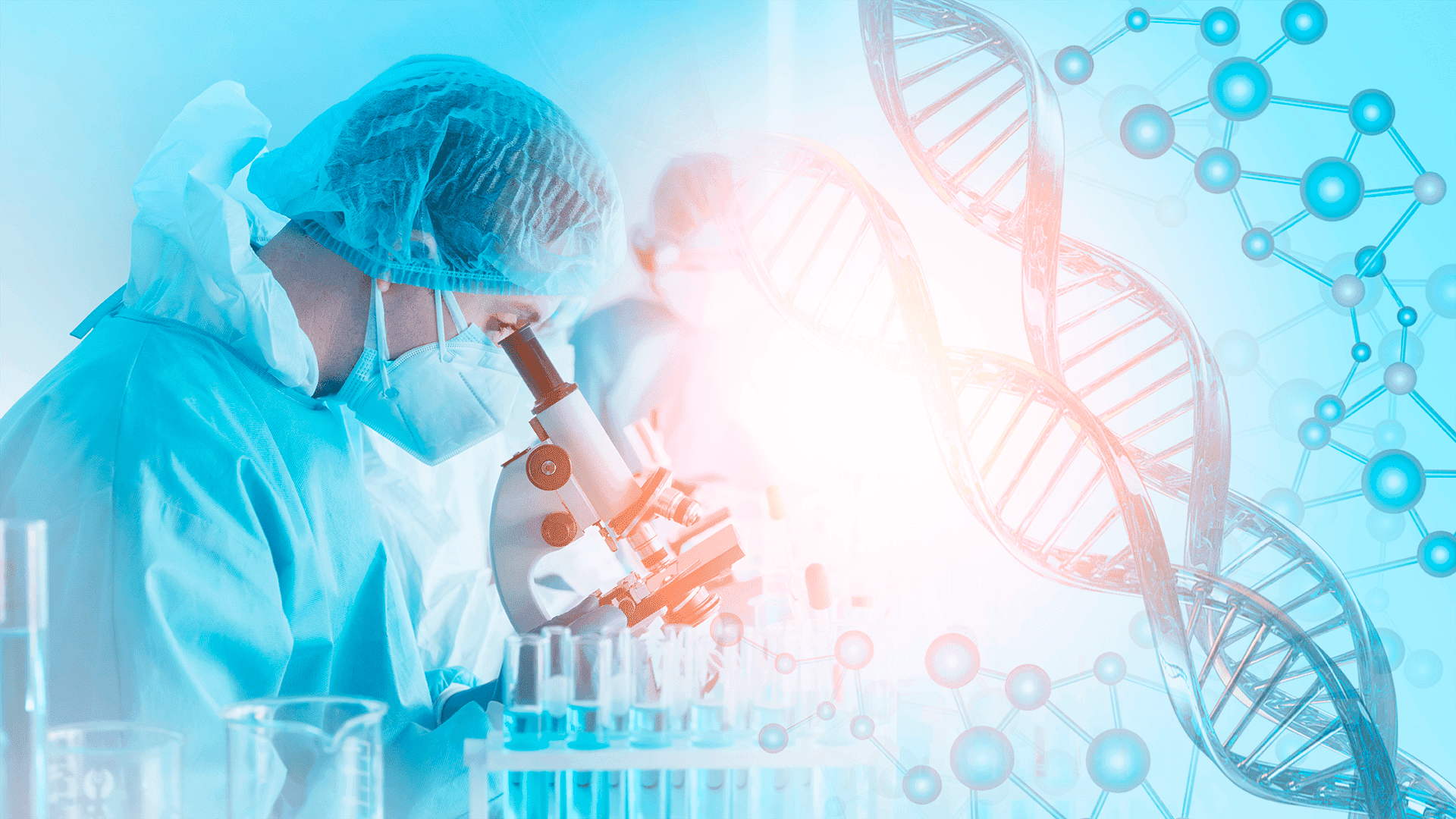- Sectors
- Aerospace & Defense
- Big science
- Biotechnology
- Fintech
- Work at ARQUIMEA
- Insights

In the field of assisted reproduction in animals, seminal analysis plays a fundamental role. Traditionally, this process has been carried out by methods involving image processing and observation by humans. However, with advances in artificial intelligence, we are witnessing a revolution in the way this analysis is carried out.
In the following, we will explore the most significant advantages offered by the application of AI in this field. These range from increased accuracy to greater efficiency and adaptability.
First, AI eliminates the need for image processing in seminal analysis. This represents a major breakthrough, as until now image processing has been a major obstacle. By making autonomous data-driven decisions, AI improves the quality of analysis significantly, ensuring more accurate and reliable results.
Another key advantage of AI is its reduced susceptibility to external influences. Traditional methods can be affected by changes in illumination or the presence of artifacts, which can lead to inconsistencies in results and errors in the study. In contrast, AI is less influenced by these external factors, ensuring greater consistency in results and a reduction in errors.
In addition, AI demonstrates a greater ability to resolve complex situations, such as sperm crossovers. This capability is essential for minimizing errors in cell counting and improving the accuracy of the analysis. In addition, thanks to the labeling capabilities of the neural network, the AI can identify and count a large number of cells in a matter of seconds, which increases the efficiency of the process.
Scalability is another significant advantage in seminal analysis. Unlike traditional methods, AI allows for continuous improvement by incorporating new images and analysis. That is, the model can evolve over time, constantly improving its accuracy and efficiency.
The speed of adaptation to new species is also remarkable. Generating new AI models to adapt the analysis to different species is faster and more efficient compared to traditional methods. This allows rapid implementation in different contexts and increases the versatility of the analysis, which is critical in a field as diverse as animal reproduction.
Ultimately, all these advantages translate into more accurate and reliable results. In the field of assisted and animal reproduction, the accuracy of seminal analysis can have a significant impact on fertility outcomes. The application of AI has the potential to drive significant advances in improving fertility and performance in animal production, benefiting both producers and society at large.
In addition, it is important to consider the economics of AI implementation in the analysis. While the initial adoption of AI technologies may involve investment costs, in the long term, the benefits in terms of efficiency and accuracy can far outweigh these costs. Reducing errors can translate into significant savings for producers by minimizing the need to repeat costly procedures and ensuring better utilization of resources.
AI can also provide opportunities for research, development and innovation in the agri-tech sector. By enabling more accurate and detailed analysis, AI can help scientists better understand reproductive processes and develop new techniques and treatments to improve fertility and health in species such as cattle, goats, sheep and pigs.
The ethical potential of AI in semen analysis must also be considered. The technology can improve the accuracy and efficiency of the process, although it raises questions about privacy and responsible use of data. It is important to establish protocols for data collection and use, as well as to ensure transparency and fairness in access to AI technologies.
Therefore, the implementation of artificial intelligence in seminal analysis offers a number of significant benefits for assisted reproduction and animal production. From increased accuracy and efficiency to opportunities for research and development, AI is transforming the way we approach this fundamental aspect of animal reproduction. With proper implementation and careful consideration of the ethical and economic aspects of AI, it is becoming increasingly important to ensure that AI can be used to improve the quality and efficiency of animal production.